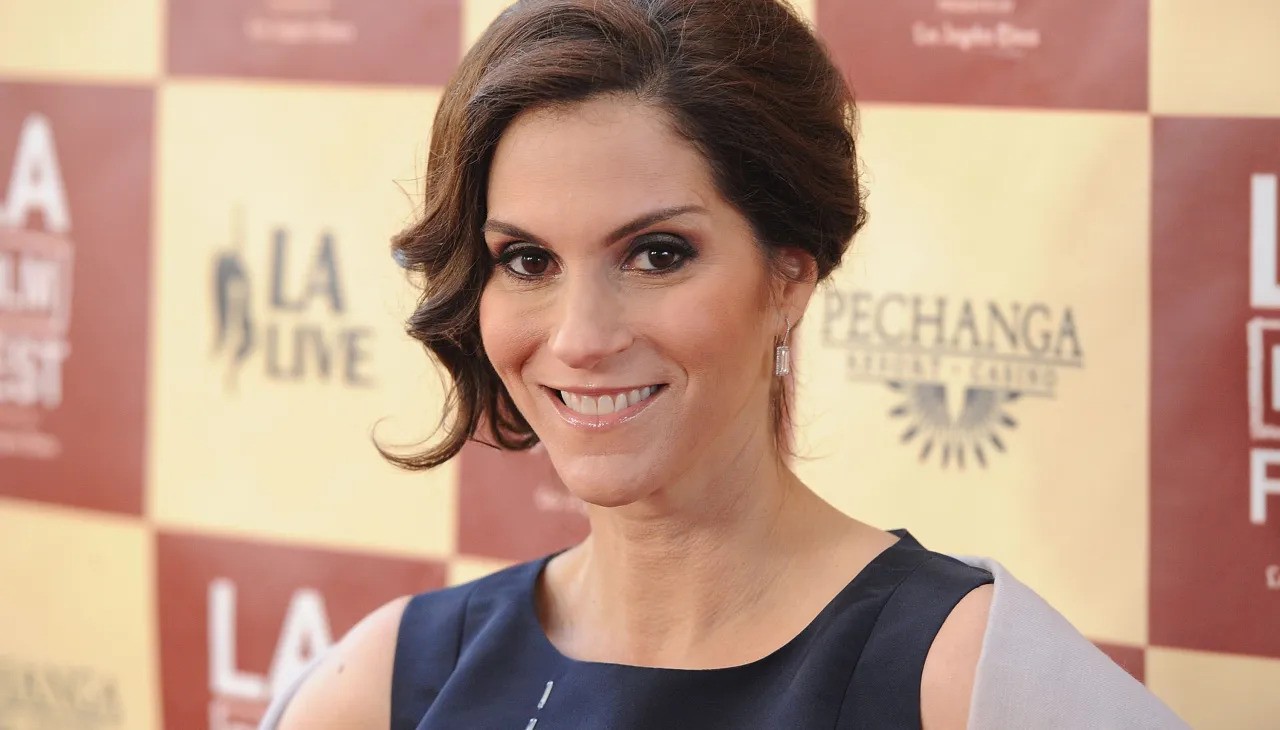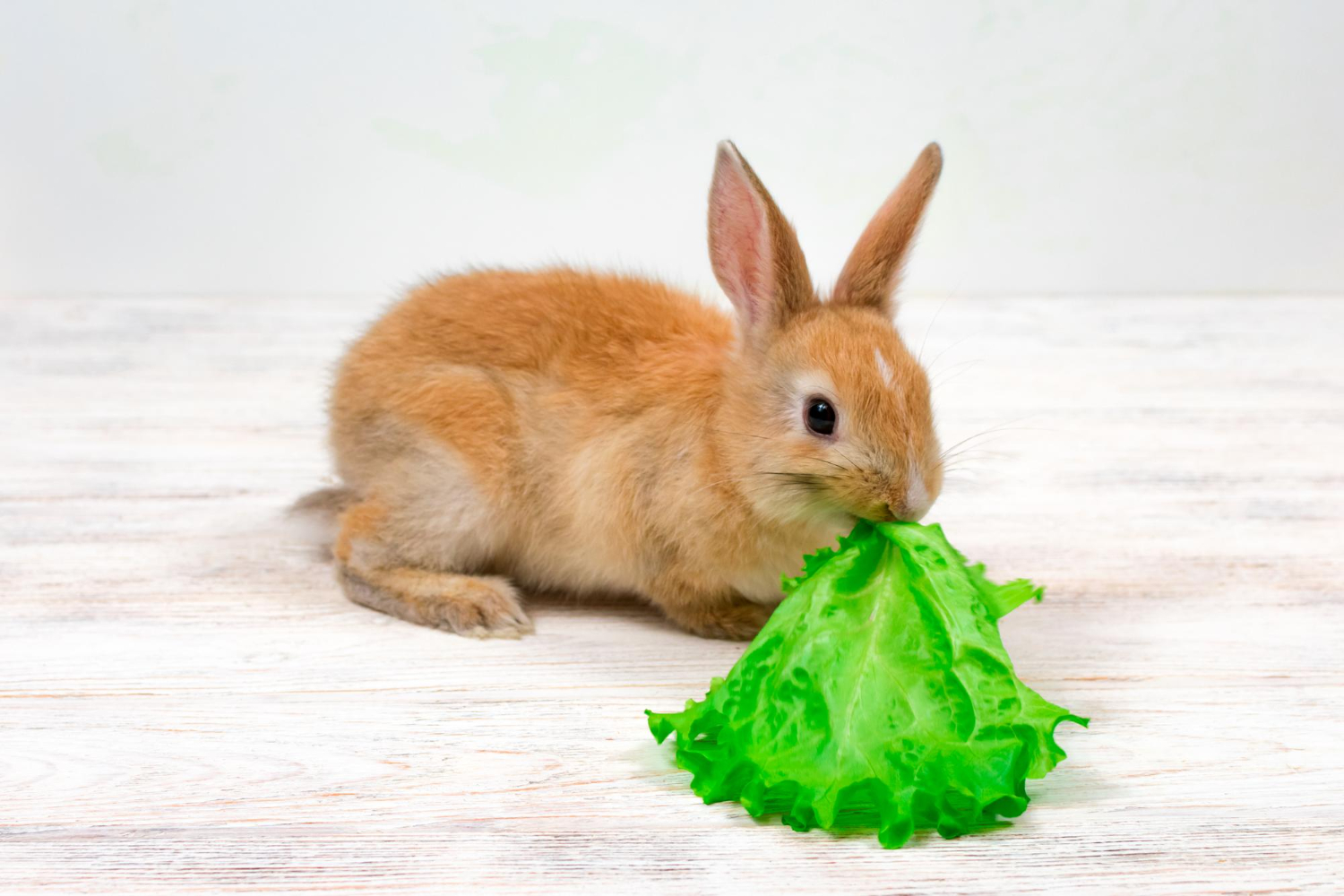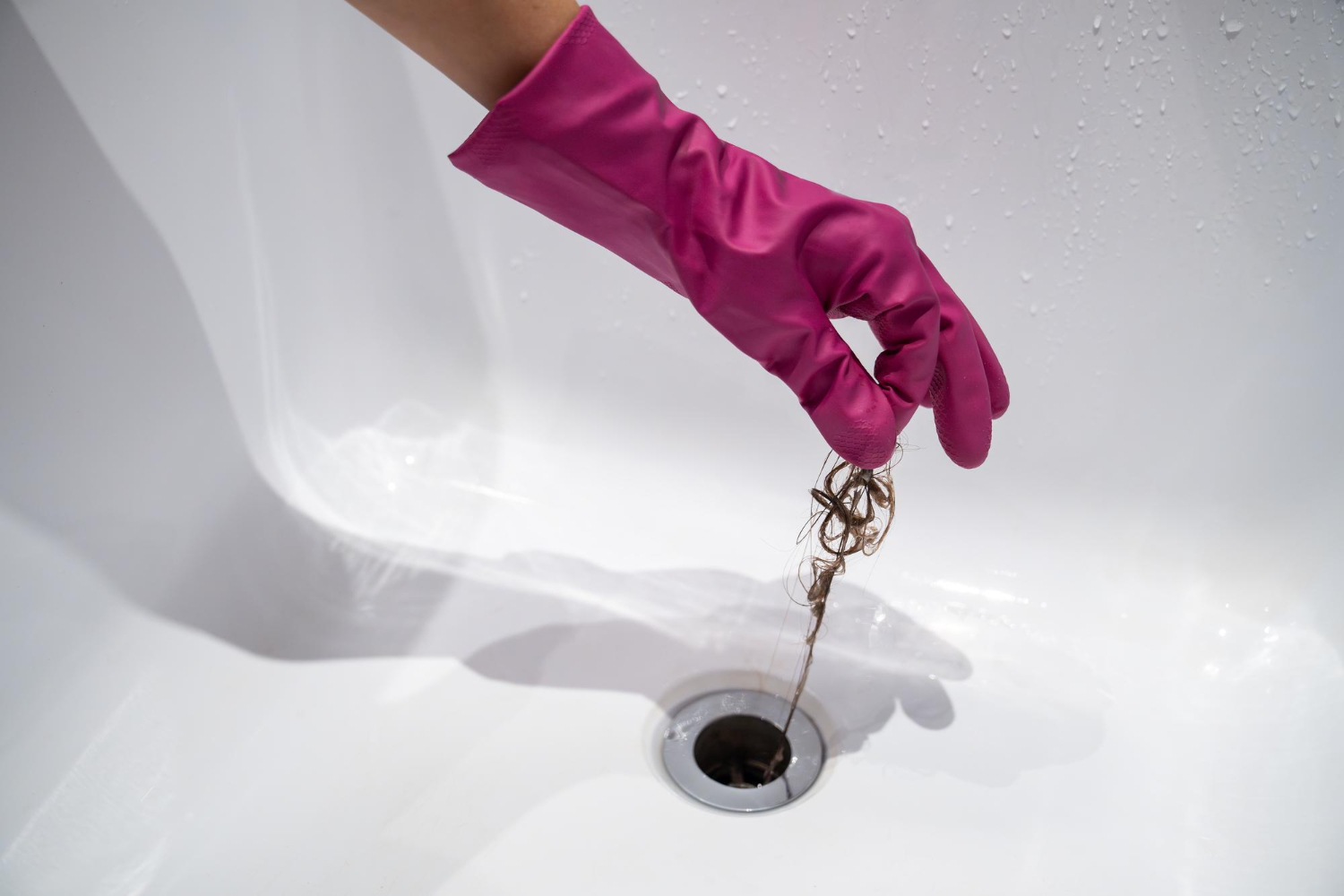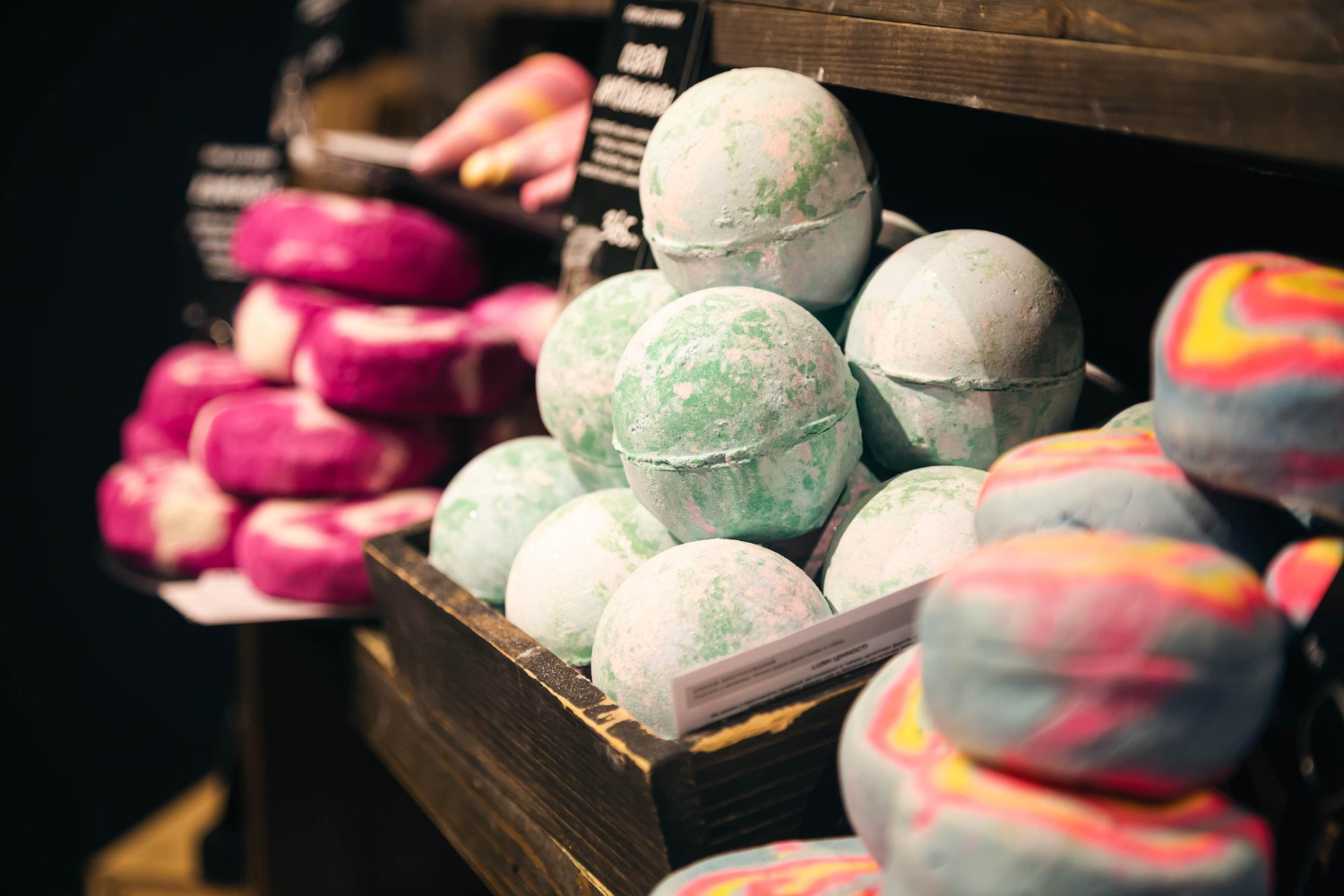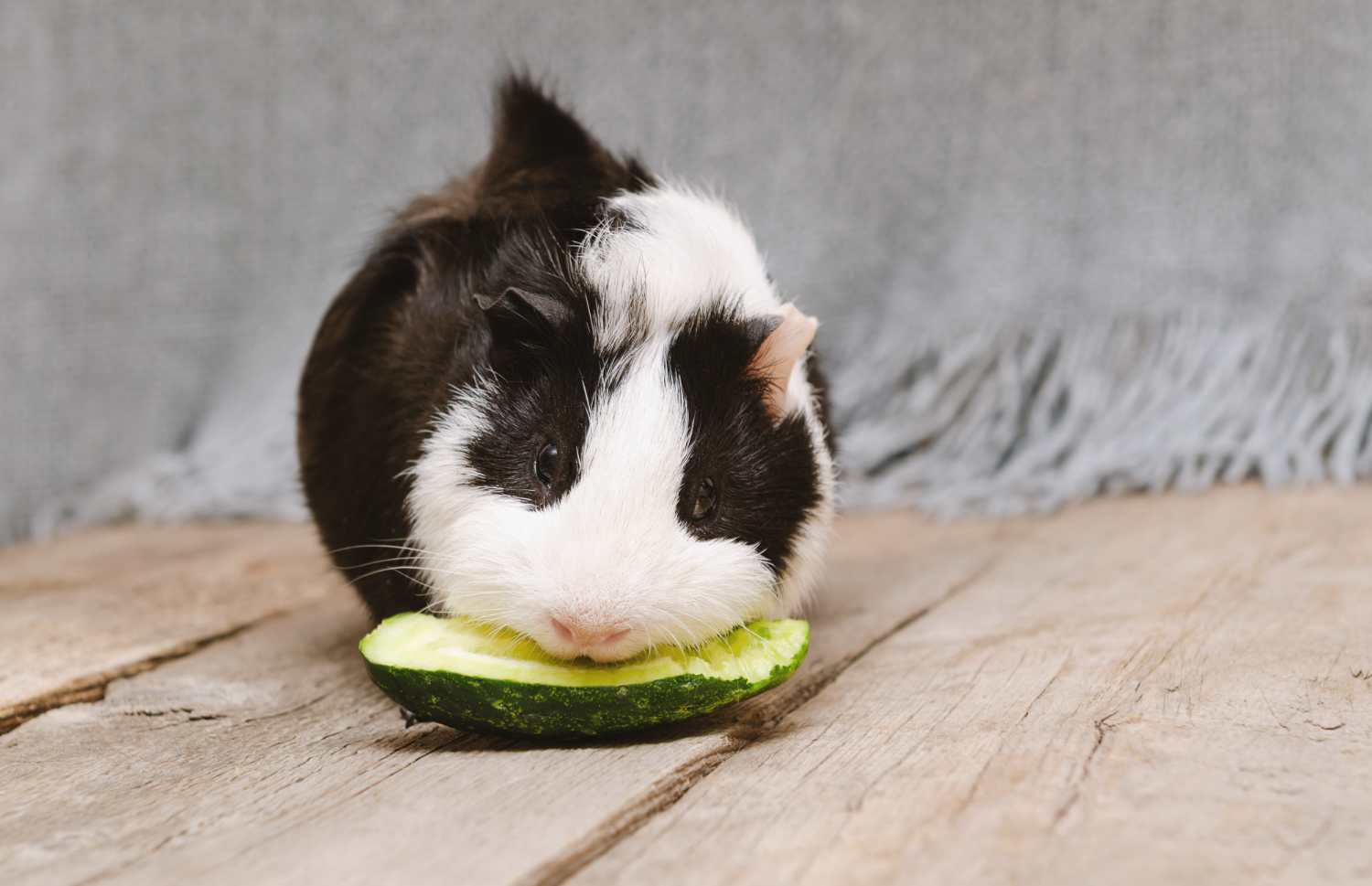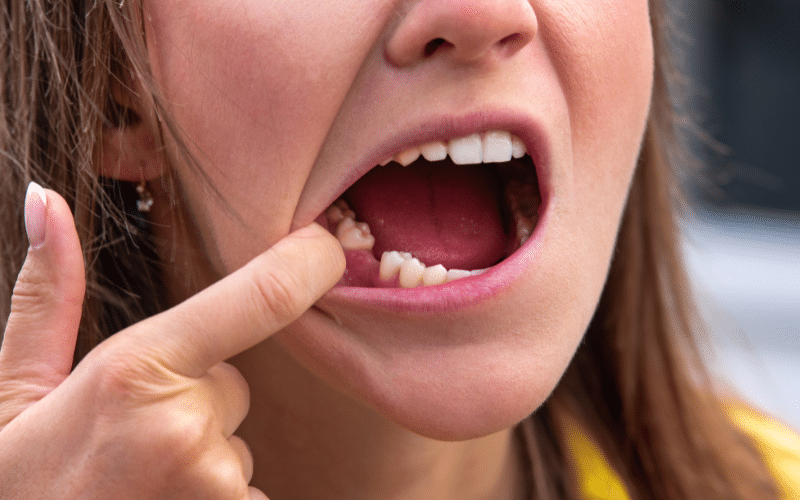Rabbits are adorably curious creatures with very specific dietary needs. Whether you’re a seasoned bunny owner or have only recently welcomed your furry friend into your life, ensuring your pet’s diet is both balanced and safe is essential. One common question among rabbit owners is, Can bunnies eat cauliflower?
The short answer is yes, rabbits can eat cauliflower, but it must be fed in moderation and with care. This comprehensive guide will explore the benefits, risks, and best practices for introducing cauliflower to your rabbit’s diet. By the end of this post, you’ll know exactly how to treat your bunny while keeping them happy and healthy.
What Do Rabbits Eat by Nature?
Understanding a rabbit’s natural diet is key to designing a healthy meal plan for your bunny. Wild rabbits predominantly eat:
- Hay and grass – This is a rabbit’s staple food, forming the bulk of their diet. It’s packed with fiber, essential for their digestive health.
- Leafy greens – Wild rabbits nibble on a variety of safe plants and leaves.
- Water – Constant hydration is critical.
Pet rabbits thrive on a similar fiber-rich diet. Hay should make up 80–90% of their daily intake, supplemented with vegetables and controlled portions of healthy treats like fruits. Cauliflower, when given occasionally, can be a delightful addition to their diet.
Can Bunnies Eat Cauliflower?
Yes, bunnies can eat cauliflower! However, as with any new food, there are a few things to consider:
Parts of Cauliflower Rabbits Can Enjoy:
- Florets – These are safe to eat but should be given sparingly.
- Leaves – Nutrient-packed and highly beneficial for rabbits.
- Stems – These are also edible; however, their tough texture may make smaller rabbits struggle to chew them.
Cauliflower is rich in essential nutrients that can complement your rabbit’s diet, but moderation is crucial. Overfeeding cauliflower can upset a bunny’s sensitive stomach. A small serving every now and then is just the right amount.
Nutritional Benefits of Cauliflower for Rabbits
When given in moderation, cauliflower can provide some excellent health benefits for rabbits:
- Vitamin C – Boosts the immune system and helps fight infections.
- Vitamin K – Supports blood clotting and contributes to bone health.
- Fiber – Essential for proper digestion and maintaining a healthy gut.
- Antioxidants – Help protect your bunny’s cells from damage.
These nutrients can help diversify your rabbit’s diet while ensuring they remain healthy and full of energy.
Key Takeaway:
Think of cauliflower as a healthy snack, not a daily staple.
Risks and Precautions When Feeding Cauliflower
Despite its benefits, cauliflower isn’t without its risks. Here are some precautions every rabbit owner should take:
Potential Risks:
- Digestive Upset – Cauliflower can cause gas and bloating in rabbits if fed in excess.
- Individual Sensitivities – Some rabbits may simply not tolerate cauliflower well.
How to Introduce Cauliflower:
- Start Small – Offer a tablespoon-sized portion to begin with.
- Monitor Reactions – Watch your rabbit closely over 24 hours for signs of discomfort, diarrhea, or bloating.
- Adjust Servings – If your rabbit enjoys it and shows no adverse effects, you can occasionally increase the portion.
Remember, variety is key to a happy bunny diet. Don’t rely solely on cauliflower; mix it up with other rabbit-safe veggies.
How Much Cauliflower Should Rabbits Eat?
Portion control is essential. A general guideline is:
- 1–2 tablespoons per 2 pounds of body weight per week.
This ensures your rabbit gets to enjoy the benefits of cauliflower without any digestive discomfort. Rotate cauliflower with other vegetables to provide a diverse and well-rounded diet.
Are Cauliflower Leaves Safe for Rabbits?
Yes! Cauliflower leaves are actually one of the best parts for rabbits. They’re loaded with nutrients and have a texture many bunnies love.
Preparation Tips:
- Wash the leaves thoroughly to remove any dirt or pesticides.
- Cut them into manageable, bite-sized pieces.
- Serve raw—cooking can reduce the nutritional value.
What Vegetables Should Bunnies Avoid?
Not all veggies are bunny-safe. Here are some to avoid:
- Iceberg Lettuce – Contains lactucarium, which can harm bunnies.
- Rhubarb – Poisonous to rabbits and can be fatal if ingested.
- Potatoes – High in starch, which is difficult for rabbits to digest.
- Onions and Garlic – Toxic to rabbits and should never be fed.
Always double-check if a food is safe before offering it to your rabbit.
Tips for a Balanced Rabbit Diet
A healthy rabbit diet should include:
- Hay – The primary staple, available in unlimited quantities.
- Examples – Timothy hay, orchard grass hay.
- Fresh Water – Ensure constant access to clean water.
- Pellets – High-quality pellets in small quantities (1/8 to 1/4 cup daily).
- Vegetables – Leafy greens and safe vegetables (e.g., parsley, cilantro, kale).
- Occasional Treats – Small servings of fruit or root vegetables like carrots.
Introduce new foods gradually, and never hesitate to consult a vet if you’re unsure about your bunny’s diet.
Help Your Bunny Thrive 🐰
Cauliflower can be a tasty, nutritious snack for your rabbit when offered in moderation. By complementing their diet with small portions of this veggie and maintaining a balanced food plan, you’ll keep your bunny healthy and happy.
Do you have more questions about your rabbit’s diet? Share them in the comments or ask us directly. And don’t forget to share a photo of your bunny enjoying their healthy snacks—we’d love to see their happy little faces!
FAQs
Can bunnies eat raw cauliflower?
Yes, raw cauliflower is preferred over cooked as cooking can strip away vital nutrients. Just make sure it’s washed thoroughly and served in moderation.
Are any vegetables poisonous to rabbits?
Yes, vegetables like iceberg lettuce, rhubarb, and potatoes can be harmful or toxic. Always research or consult a vet before introducing a new food.
Can rabbits eat broccoli instead of cauliflower?
Broccoli can also cause gas and bloating, so it should only be given sparingly.
What foods should rabbits never eat?
Avoid high-sugar or starchy foods like bread, chocolate, pasta, or junk food. Rabbits are herbivores, so meat or dairy products are also off-limits.
